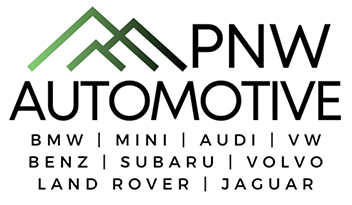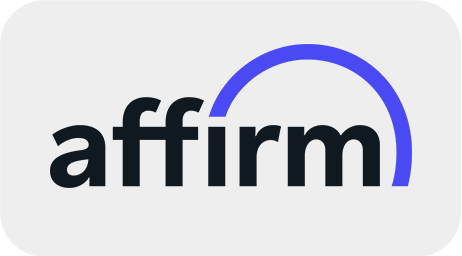Why Routine Auto Inspections Matter
At PNW Automotive in Astoria, OR, we believe that regular auto inspections play a crucial role in maintaining the safety, reliability, and longevity of your vehicle. Whether it's preparing for a road trip or just commuting around town, understanding the condition of your car can save you time and money. Let's delve into why routine inspections are essential.
The Basics of Auto Inspections
Auto inspections generally comprise a series of checks performed on different components of your vehicle. At PNW Automotive, our skilled technicians thoroughly examine critical systems, including brakes, suspension, steering, and exhaust. By doing so, we can identify any potential issues that might need attention before they become more costly problems.
Enhancing Safety with Professional Inspections
Safety is a primary concern for every driver, and routine inspections at PNW Automotive are designed to ensure that your vehicle operates safely. Our experts in Astoria, OR, check safety features, including airbags, seatbelts, and lighting systems. This proactive approach helps to ensure that your vehicle complies with safety standards and provides peace of mind during every drive.
Improving Vehicle Performance
An inspection isn't just about safety—it’s also about performance. A well-maintained vehicle runs more efficiently, which can improve fuel economy and reduce emissions. At PNW Automotive, our team examines engine performance, assesses fluid levels, and advises on maintenance that keeps your car running smoothly on the roads of Astoria, OR.
Prolonging Vehicle Longevity
Regular inspections help extend the lifespan of your car. By identifying and fixing small issues early, you avoid larger repairs that can significantly impact the vehicle's life. Our comprehensive checks at PNW Automotive guide you through keeping your vehicle in optimal condition year after year.
How Often Should You Get an Inspection?
We recommend that most vehicles undergo an inspection at least once a year. However, if you frequently drive in tough conditions, or you notice any unusual noises or handling issues, it may be worthwhile to visit us more often. PNW Automotive in Astoria, OR, is always ready to conduct a thorough inspection whenever you feel your vehicle needs expert attention.
Our Commitment to Quality Service
At PNW Automotive, we're committed to providing exceptional auto inspection services that you can trust. Our team not only has the expertise and cutting-edge equipment necessary to perform thorough inspections but also prioritizes customer education. We empower our clients in Astoria, OR, by explaining any issues identified and offering practical advice for solutions.
Schedule Your Inspection Today!
Ensuring the safety and performance of your vehicle is a partnership between you and your auto service provider. Don't wait for problems to arise; visit PNW Automotive in Astoria, OR, for a comprehensive auto inspection. Empower yourself with the knowledge and confidence to drive safely and smartly. Schedule an inspection with us today and experience peace of mind behind the wheel.








